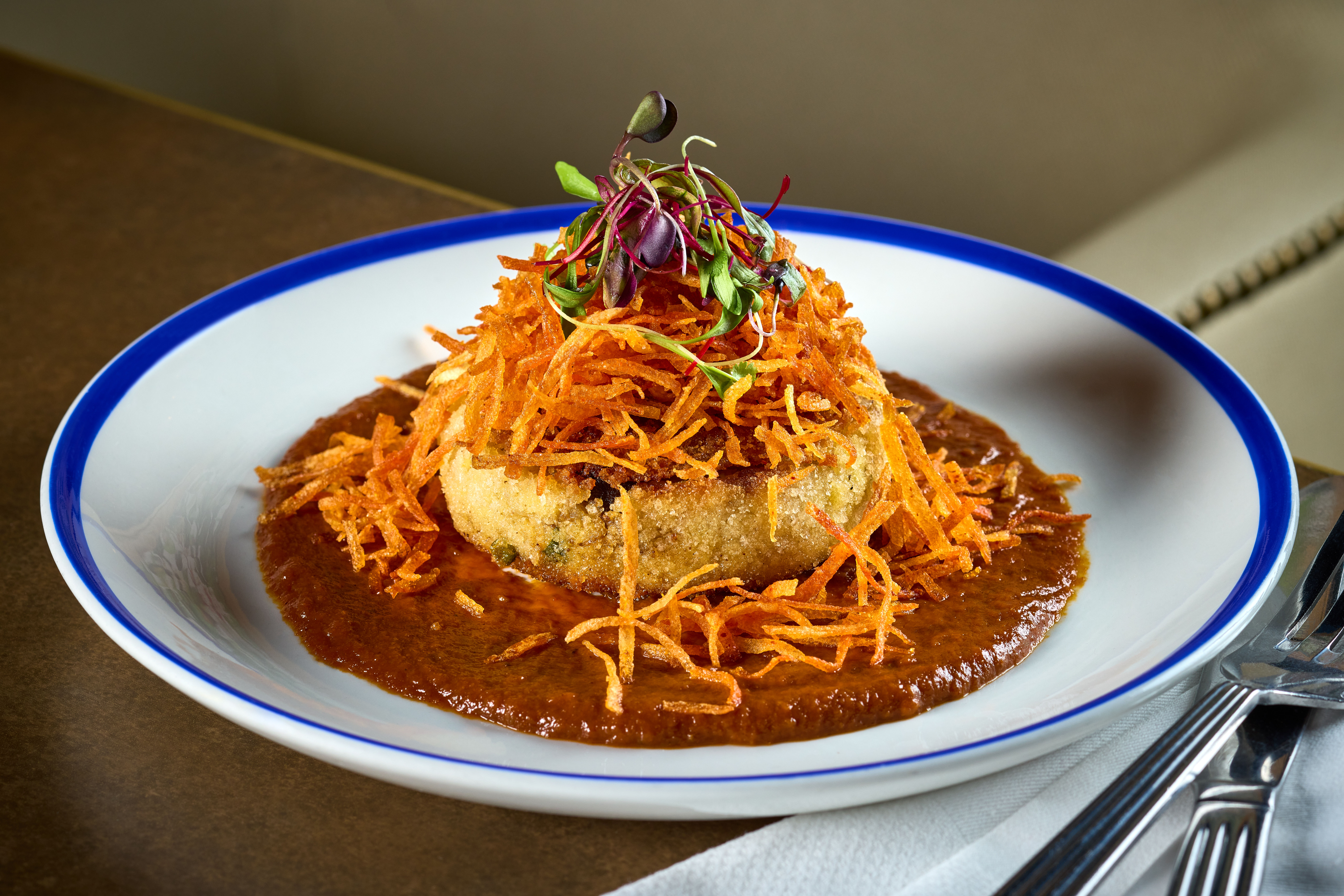WASHINGTON — The oldest alcoholic beverage is making a comeback.
Several years ago, Chris Ekechukwu tried mead for the first time at the Maryland Renaissance Festival. Ekechukwu was familiar with many styles of craft beer — he was a homebrewer himself — but was intrigued by mead’s still, “super sweet” quality.
“I thought it’d be much more interesting if it was a bit less sweet, carbonated, more drinkable,” said Ekechukwu of Leesburg, Virginia.
So he got to work, attempting to achieve just that. After about 30 or so test batches, Ekechukwu finally had a beverage that he describes as a cross between Champagne and cider. He was pleased with the result, but was curious to hear what others thought, so he took his product to a beer and wine meetup group.
“Someone told me, ‘I’d pay $30 for this!’” he said.
That’s when Ekechukwu realized he could turn his sparkling beverage into a business. Now, bottles of his Honey Grail mead can be found in beer and wine stores across 13 states. Honey Grail is also available in a number of local restaurants, including All Purpose Pizzeria, Pizzeria Paradiso, The Black Squirrel and Bourbon.
In September, Ekechukwu impressed the Boston-based brewing company, Samuel Adams, with a two-minute business pitch at the annual Brewing the American Dream Pitch Room competition. In December, he’ll advance to the final round and compete for a $10,000 business grant and extended mentoring from the brewery.
Jennifer Glanville, brewer and director of brewery programs for Samuel Adams, said Ekechukwu’s passion earned him his ticket to the next round.
“You could tell he was passionate about the history of mead and why he wanted to bring it to craft drinkers today, and he also had some really good experience,” she said.
That experience has come at a cost, however: Ekechukwu handles most of the day-to-day operations, as well as all of the sales and marketing. If he wins the competition’s $10,000, Ekechukwu says he will hire staff so that he can continue to expand the business and meet consumer demands.
According to Bloomberg, mead is the fastest growing alcoholic beverage category in the country. In 13 years, the number of meaderies in the U.S. rose from 30 to more than 300.
“People are becoming more and more aware of it,” Ekechukwu said.
He credits the increased interest to entertainment entities such as “Lord of the Rings,” “Harry Potter” and “Game of Thrones,” on which characters can be seen drinking mead.
One obstacle Ekechukwu continues to face is explaining mead’s higher price tag. Unlike beer, which is made from grain, and wine, which is made from fruit, mead is made from honey.
“And honey costs more than grapes or grains,” Ekechukwu said.
A 12-ounce bottle of Honey Grail mead costs between $4.50 and $5.
If you want to give Ekechukwu’s mead a taste, your best chance to test a pour is to find him at a local beer festival. Unlike other breweries and wineries in the D.C. area, Honey Grail does not have a tasting room.







